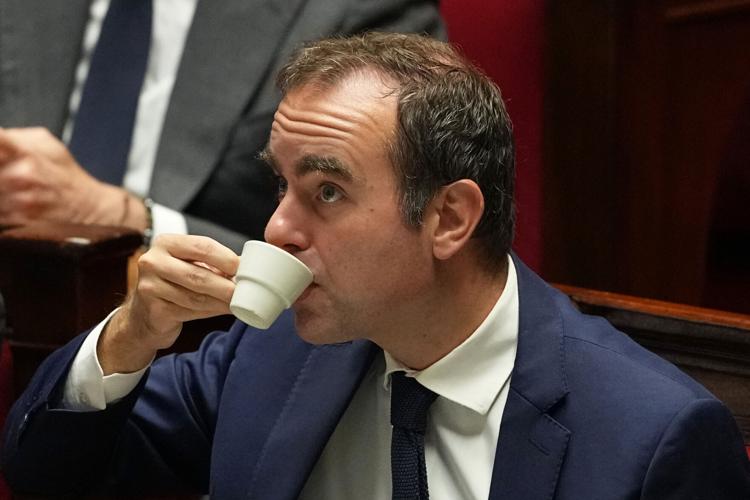French Prime Minister Sébastien Lecornu successfully navigated two critical votes of no-confidence on Thursday, averting a potential crisis that could have destabilized his nascent government. This outcome allows Lecornu to focus on the formidable task of passing the budget for 2026 in the National Assembly, which is known for its contentious and divided nature.
The votes were significant not only for Lecornu but also for President Emmanuel Macron, who had hinted that he might dissolve the National Assembly and call for snap elections should Lecornu be ousted. The Prime Minister faced challenges from the hard-left France Unbowed party and the far-right National Rally led by Marine Le Pen, both of whom sought to unseat him.
Close Votes Reflect Political Tensions
In the National Assembly, which comprises 577 seats, the first vote on the motion from France Unbowed failed by just 18 votes. It received support from 271 lawmakers, falling short of the 289 votes needed for a majority. The second motion, initiated by Le Pen’s party, garnered only 144 votes, highlighting the challenges faced by the opposition in rallying sufficient support.
To secure his position, Lecornu offered concessions, including the potential suspension of a controversial pension reform that would gradually increase France’s retirement age from 62 to 64. This proposal played a pivotal role in persuading the opposition Socialist Party to refrain from supporting the no-confidence votes, as only seven of their 69 lawmakers broke ranks.
The conservative Republicans, who hold 50 seats, also opted not to support Lecornu’s removal, with only one member voting against him. Despite this temporary reprieve, his position remains precarious. Should the Socialists or Republicans change their stance in future votes, Lecornu’s government could face renewed threats to its stability.
Future Budget Challenges Loom
Lecornu’s survival brings him face-to-face with the daunting task of negotiating a complex budget that addresses France’s growing state deficit and debt. He has committed to not utilizing special constitutional powers to bypass Parliament, a strategy previously employed by Macron’s administration during the pension reform process, which sparked widespread protests.
The upcoming budget negotiations are expected to be contentious, as Lecornu must build consensus on tax adjustments, spending cuts, and other fiscal measures. The outcome of these discussions will be crucial not only for the government’s stability but also for the broader economic health of France, the European Union’s second-largest economy.
As Lecornu moves forward, the political landscape in France remains fraught with challenges, underscoring the delicate balance of power within the National Assembly and the potential ramifications for Macron’s presidency. The coming months will be critical as Lecornu seeks to solidify his government’s position and navigate the complexities of French politics.
